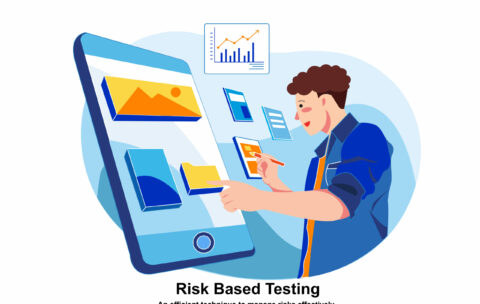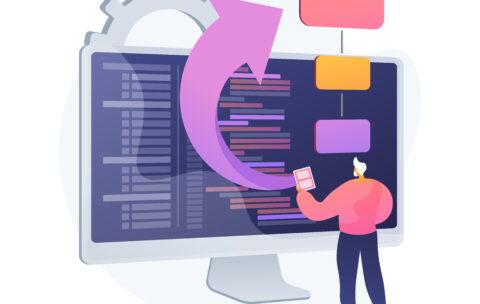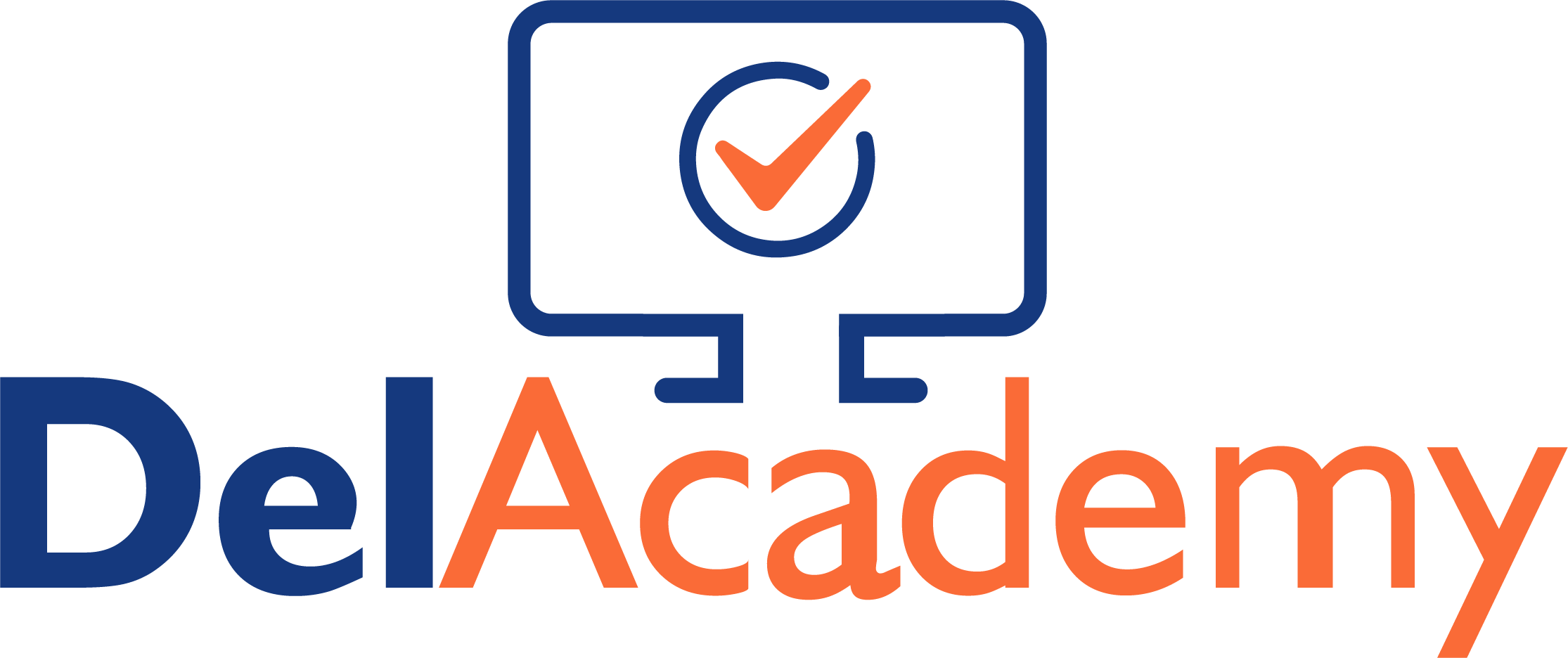All Levels
Risk-based Testing
This course teaches you about the approach of risk-based testing …
£39.00
Risk-based Testing
What you'll learn
To understand the key concepts of risk-based testing and its importance in software development.
To be able to identify, assess, and prioritize risks in software development projects.
To use risk analysis techniques to determine the potential impact of defects and inform testing decisions.
To develop and implement a risk-based testing strategy that considers the identified risks.
To plan and execute risk-based tests effectively, ensuring the most critical aspects of the software are thoroughly tested.
To report and track risk-based testing results and make data-driven decisions about risk mitigation and future testing efforts.
All Levels
ISTQB Advanced Level Test Manager
The ISTQB Advanced Level Test Manager course is a certification …
£149.00
ISTQB Advanced Level Test Manager
What you'll learn
Get a thorough understanding of the advanced software testing concepts, methods, and tools.
Master the ability to design, perform, and evaluate tests for different types of software applications.
Gain practical experience using advanced software testing tools and methods, including automation.
Learn best practices for testing various types of software applications, such as web applications, mobile applications, and desktop applications.
Improve knowledge of test case design and execution, as well as debugging and troubleshooting techniques.
Enhance the efficiency of the testing process and ensure software quality.
Earn an ISTQB Advanced Level Test Manager certification that showcases your mastery of advanced software testing concepts and techniques.
Integration Testing
What you'll learn
Acquire a thorough understanding of the integration process and its procedures.
Master the ability to design, implement, and evaluate integration solutions for different types of software applications.
Gain practical experience using integration tools and methods, including automation.
Develop skills in identifying and fixing defects in integration solutions.
Learn best practices for integrating various types of software applications, such as web applications, mobile applications, and desktop applications.
Improve knowledge of integration testing, as well as debugging and troubleshooting techniques.
Enhance the efficiency of the integration process and ensure software quality.





